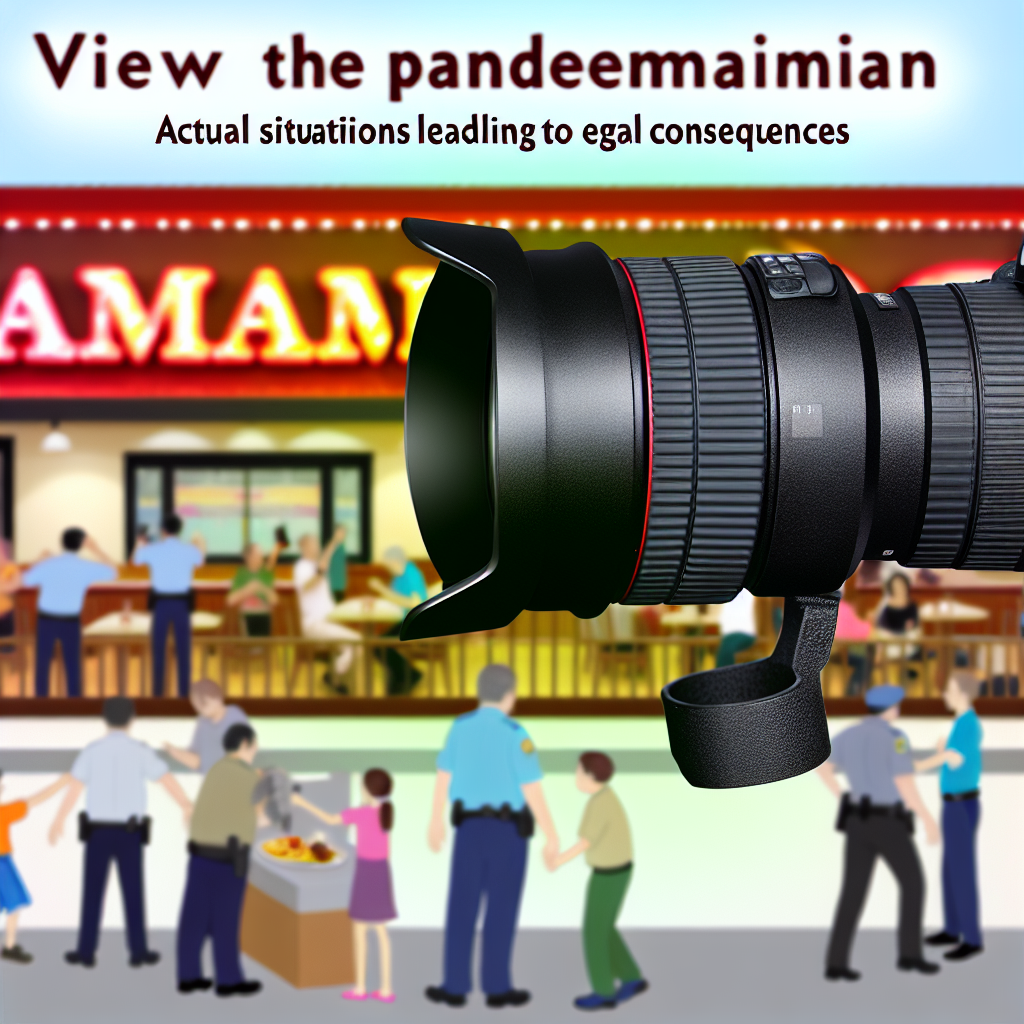
In recent years, the phrase "Chuck E Cheese arrested" has sparked curiosity and concern among parents and entertainment enthusiasts alike. This article delves into the real-life incidents at Chuck E. Cheese locations that have led to arrests, exploring notable cases, underlying causes, and broader implications. By examining these events, we aim to uncover why a family-friendly venue sometimes turns chaotic, providing insights for safer outings.
Notable Incidents Leading to Arrests
Chuck E. Cheese, known for its pizza, games, and animatronic shows, has unfortunately been the backdrop for several violent episodes resulting in arrests. One infamous case occurred in 2012 in Parma, Ohio, where a birthday party escalated into a massive brawl involving over 40 people. Police arrested multiple adults for disorderly conduct after chairs were thrown and punches exchanged, highlighting how alcohol service at some locations can fuel aggression.
Another significant event took place in 2019 in Harrisburg, Pennsylvania, when a dispute over a game token led to a stabbing, resulting in the arrest of the perpetrator on assault charges. These incidents aren’t isolated; data from various police reports indicate that between 2007 and 2013, Chuck E. Cheese locations across the U.S. saw over 50 calls for service related to fights, many culminating in arrests. In-depth analysis reveals patterns, such as weekends and evenings being peak times for conflicts, often stemming from parental rivalries or unmet expectations during children’s parties.
Going deeper, these arrests often involve charges ranging from misdemeanor battery to felony assault. For instance, a 2021 incident in Milwaukee involved a parent arrested for child endangerment after initiating a fight that endangered minors present. Such events underscore the contrast between the venue’s whimsical atmosphere and the real-world tensions that can erupt, prompting questions about security measures and crowd management.
Underlying Causes and Prevention Strategies
Building on the history of these incidents, it’s crucial to explore why arrests happen at a place designed for fun. Experts point to a mix of factors, including the combination of alcohol availability, high-stress environments with overstimulated children, and socioeconomic pressures on attending families. A study by the Journal of Family Psychology suggests that venues like Chuck E. Cheese can amplify parental stress, leading to outbursts when minor disputes arise over seating or game access.
Alcohol plays a pivotal role; many locations serve beer and wine, which can lower inhibitions and escalate arguments. In response, some Chuck E. Cheese franchises have implemented stricter policies, such as limiting alcohol sales or enhancing security with off-duty officers. Prevention strategies also include staff training in conflict resolution, as seen in post-incident reforms where employees are taught to de-escalate situations before they lead to police involvement.
Diving deeper, socioeconomic analyses reveal that these arrests often occur in urban areas with higher poverty rates, where families seek affordable entertainment but bring underlying tensions. To mitigate this, the company has invested in community programs and redesigned layouts for better crowd flow, aiming to reduce friction points. Understanding these causes helps in fostering safer environments, ensuring that family outings remain joyful rather than ending in handcuffs.
In summary, arrests at Chuck E. Cheese stem from a confluence of alcohol, stress, and environmental factors, as evidenced by numerous documented incidents. While the chain has taken steps to enhance safety, awareness is key for patrons. Ultimately, by choosing calmer times and maintaining composure, families can enjoy the fun without the drama, turning potential pitfalls into positive experiences.